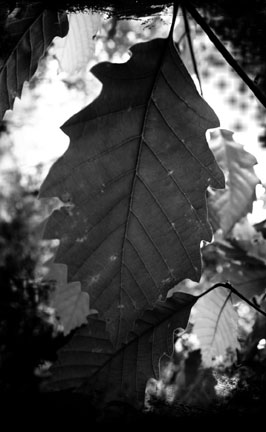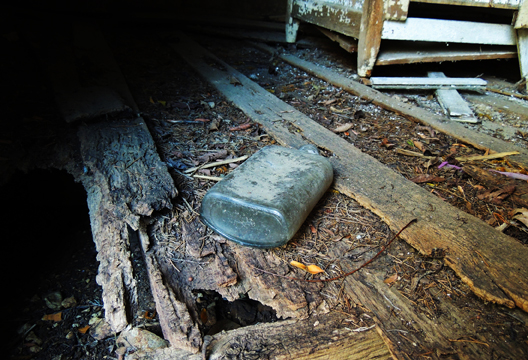
plate 1. “Sorrows Not Forgotten.” Photography by Shiloh J. Lenox.
Shall We Gather at the River?
by R. B. Bailey
The Ozarks. How many years have been at work upon these ancient hills ground down by glacial grit? And why had Frenchmen been allowed to name them for Osage bows? Why? Everybody knows the Englishman they'd planted here and his kind, some generations back, had come after Shakespeare's time and settled in the hill land moving west until this final stand before the plains..
Here, they’d broken ground and plowed the rock, harvesting the same, sucking marrow from the bones of earth, gaining strength enough to dig their final furrows, commending rock to rock and bringing present tense, the fact of future.
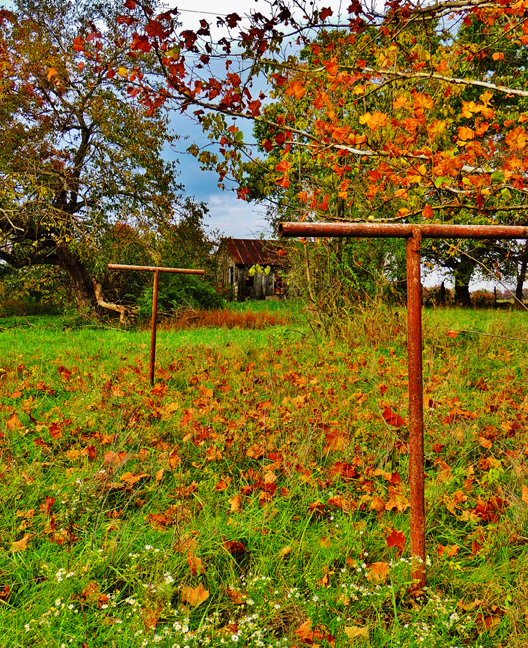
plate 2. “Crossroads & Clotheslines.” Photography by Shiloh J. Lenox.
Anthem Hobbs stood alone above the grave, reflected in the river of his birth, rebirth and death, and felt the breath of all the living there. Muddied banks, re-grooved by last night’s rain, were still against the flowing water’s long-remembered song, sung at last as swans do with a last-remembered breath, rejoicing in the purpose of its course. Early morning mist in that low place smelt every color silver and collected to defuse the reality of death.
The graves would not be moved. The church would not be taken to some higher ground. The Reverend William Hobbs had seen to that.
The case was drawing to a close though everyday the Springfield people worked their petition, making trips to see the men who held weight in such legal matters, pleading for a future to the past.
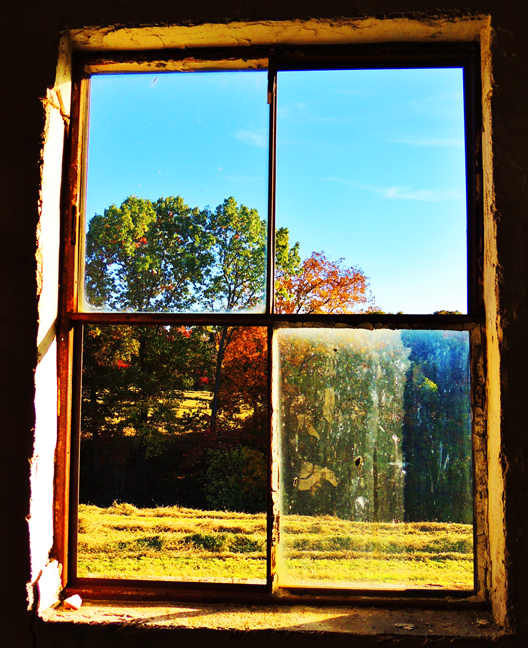
plate 3. “Mama’s House.”Near Abesville, Missouri.
Photography by Shiloh J. Lenox.
Those at home, with tools to fight the fight, made much display of caring for their land. But many could not read nor write and knew little else to do but wait, watch surveyors at their work and spend their prayers like misers on a holiday.
“I know this place. I know its winter chill and mid-day August heat. I know it like I know my name,” sang Anthem Hobbs, the spirit in his body like the water in it’s banks. Then the unvoiced harmony was broken and, though no word was spoken, the altared hymn was altered in the air.
When the water begins to rise, shall we gather at the river, covering the past where the dead man lies, the beautiful, the beautiful river?
When the future begins to swell, yes, we’ll gather at the river, damming heaven to a flooding hell that flows by the throne of God.
Later, when Anthem left that place, he passed the open church, unoccupied at such an early hour, except for Hard Times, a vagrant cat six years in residence, upon his pulpit perch, approved by the pastor on the pretext of mice and rodents that are known to gnaw on hymnals. Sun dilated through the thinning haze upon the field. Mice, harvesting last night’s storm-threshed grain, scratched a furious escape from Anthem’s feet mowing through the waist-high offering of wheat toward the corn field, the far side of which was home.

plate 4. “Oh, Little Blubird.” Photography by Shiloh J. Lenox.
He thought of how he’d found the body there between the rows of corn that early August morning just three weeks ago today and carried it to town five miles away. They’d brought it back, of course. A man of cloth would have his rights in his own church and would be buried in the ground where he had laid his sheep.
The layman read the service well and then a final message in William Hobbs’ own hand, from a journey book of future sermon topics, “I think it would be well, my Lord, to prepare them for the flood, the dam, the water, men who will come to profit from the loss of all they hold dear. But there is something I would tell them not to fear. They should not grieve that this low place will be among the first to go, nor should they try to move the past, as if it were possessed of them, through tomorrow’s door. May the water come, a flood of grace. Let’s start again above the dam and build another place to worship God.”
The parish house of rock was empty now as Anthem roamed the rooms, all four of them, and let himself remember how he’d come to live with “Uncle Reverend,” the Reverend William Hobbs; remember how he’d plowed and hoed and said the prayers that should be said in such a home and how he’d read his lessons daily at the kitchen table. There was a girl. But he and Maybelle had been told to wait.
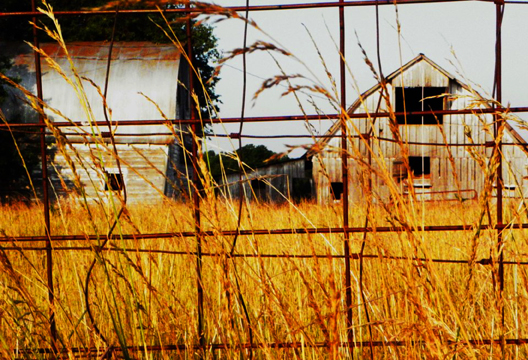
plate 5. “The Scent of Gold.” Somewhere around Rogersville, Missouri.
Photography by Shiloh J. Lenox.
Provision had been made for school. In Springfield he would work to match the sum set in his parent’s will and that which Uncle Reverend had put aside, hoping Anthem would someday take his church, abiding in the fertile fields of Wednesday nights and Sundays and farming God’s most stubborn land between.
The corn and garden stuff proved enough to meet their daily needs. The wheat they called their profit. With Uncle Reverend dead, parish folks would finish up this summer’s work. The women’s group that did the yearly canning would put up for another pastor and his family yet to come and the men would take the wheat to market and give the sum to Anthem for starting on his own when out of school.
Taking one last look, he walked to town and waited for the old brown bus to Springfield, already grieving for a childhood that would not wait on his return, though the thought of coming back was, at least, a comfort to the burn, an ointment for the ache of growing older.
When the water begins to flood, shall we gather at the river, cleansing the land like the Lamb’s own blood, the beautiful, the beautiful river?

plate 6. “Remnants.” Buffalo River Near Ponca, Arkansas.
Photography by Shiloh J. Lenox.
When the water begins to crest, creating a lake which the state has blessed, shall we gather at the river that flows by the throne of God?”
Who knows why the boy does not become the man he dreams. It seemed that all his plans were ready to unfold when he reached the next corner after now. But somehow there was always something to be done or seen or learned before returning to the mold so firmly set for growing older. School took an extra year. Business courses were easier than study of The Word. There was the girl he hadn’t planned to meet and all the wandering paths that took his feet off course and led them far away though dreaming always took them home.
And do dreams fade, becoming idlements of half-sleep hours pushed beneath the surface of success?
How many winters deep the seeds of summer sun? Anthem felt he’d just begun, after 20 years, to find his own. His family, sown of city sidewalks and suburban lawns, knew little else. Anthem’s past was only promises that someday he would take them to the lake that took his home. He promised that in words of flat resentment which belied his daily talk of loss and gain and made it plain “down home” was good to have when it didn’t interfere with the economic needs of a successful man.
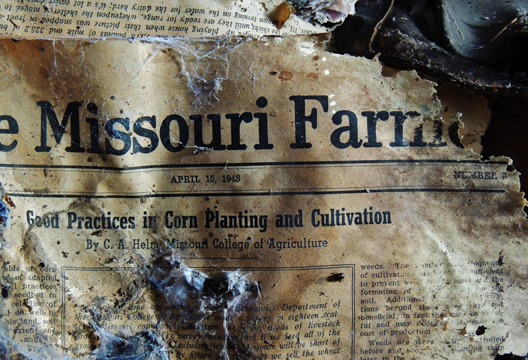
plate 7. “The Famer.” Photography by Shiloh J. Lenox.
Behind his paneled door, Anthem’s office, comfortable with business, is like a half-healed sore soothed with the memory of moments suspended in late afternoon shades of sleep. Traffic sounds that daily scream past scream, scrape a cacophony of jangled nerves. Then, slowed to the restraint of a half-remembered hymn, each note comes separately and of its own, a clear rounded sounded crystal sphere, welling up, a Mozart’s twenty-first, reaching some undefined perfection, then slipping into silence which is the tapestry of time.
“Shall we gather at the river, the beautiful, the beautiful river? Shall we gather at the river that flows by the throne of God?”
It isn’t difficult to get away. A man who knows his worth can say when he wants to come and go as long as business holds to show he’s in control. A check, the instant ticket to the world on matinee, is there to use for such unscheduled holidays.

plate 8. “Tranquillity.” Fellows Lake, Greene County, Missouri.
Photography by Shiloh J. Lenox.
In Springfield, 30 years of memory are sealed by time. Quick-eroding hands of progress have refined the many tunneled, tree-lined streets and laid them bare. Fifty miles away, a great cartoon of all he used to know is on display. People, polished and preserved like a show, tend cabins prosperous with poverty which anyone can pay to see and boats and planes stand ready to relieve the crowd of fives and tens they came to spend, showing them a better view of a land almost obscured by comfort.
Anthem sees all this as on a screen. There is nothing here connected with his dream. He feels far away and finds he is viewing it without dismay or any twinge of loss.
He wedges his car in seventh place. The traffic is unending.
After hairpin curves on Dewey Bald, business occupies his mind. By the time he reaches the four-way stop in town, Anthem’s rented car is forth in line and he is unaware that, on their chairs in front of Alexander’s Drugs two blocks away, old men sit all day, hidden behind their cataracts and fears, too frail to see the dance of dust or spend their tears on ice cream wrappers beside the traveled road.

